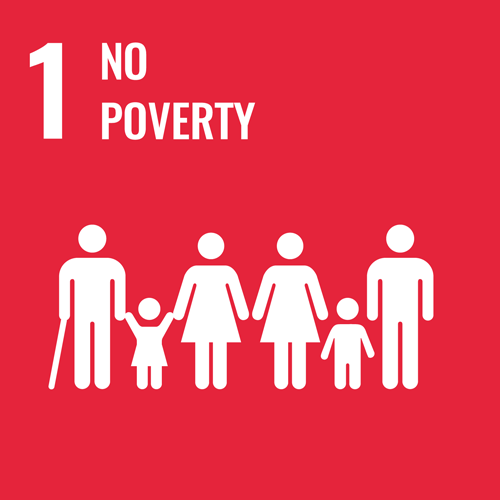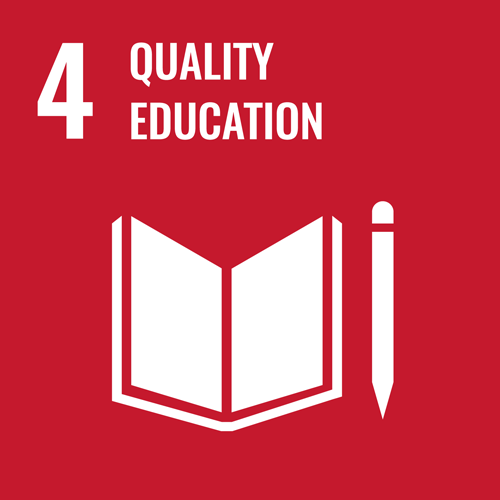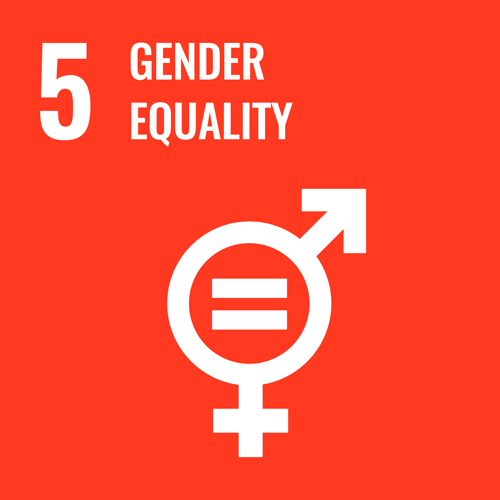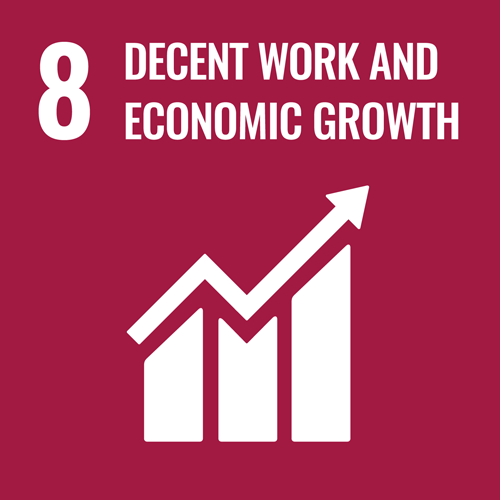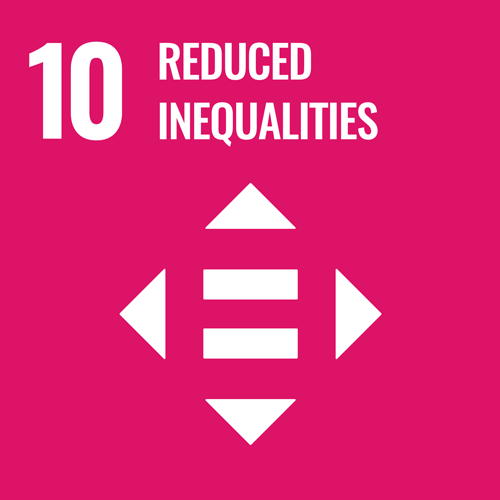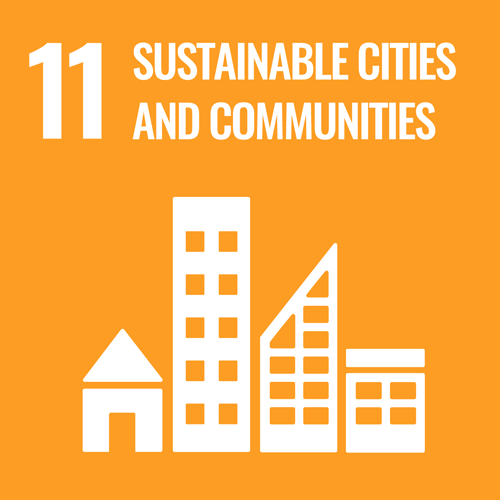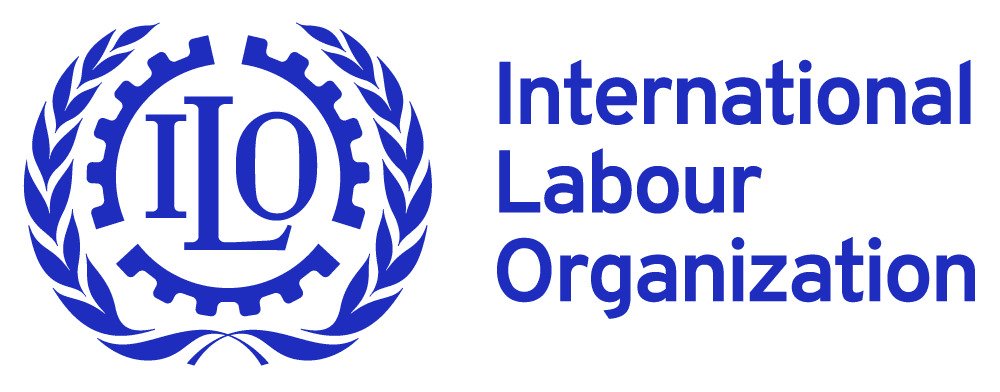
The International Labour Organization (ILO) is devoted to promoting social justice and internationally recognized human and labour rights, pursuing its founding mission that social justice is essential to universal and lasting peace.
Only tripartite U.N. agency, the ILO brings together governments, employers and workers representatives of 187 member States , to set labour standards, develop policies and devise programmes promoting decent work for all women and men.
Description of Activities on AI
Project 1: Algorithmic management in the logistics and healthcare sectors
This research explores how the algorithmic management practices that are often associated with platform work, such as rating systems, surveillance and control through tracking devices, online logging of work hours, the use of diverse forms of employment, etc. are being increasingly utilised by traditional companies in the logistics and healthcare sectors, thus leading to ‘platformisation’ of work. The project will look at the impact of such practices on work organisation, efficiency and working conditions in European (France, Italy) and non-European (India, South Africa) countries. It will also explore how the data that is collected through these practices is used by the firms, and who has control and rights over such data. The objective of this research is to understand the extent of the penetration of these practices in the logistics and healthcare sectors in both European and non-European countries, whether the experiences are similar or different, and the role of governments and social partners (workers’ and employers’ organisations) in addressing some of the challenges due to the rapid technological transformations. It will analyse whether the algorithmic management practices in the logistics and healthcare sectors leads to improved autonomy, flexibility, and working conditions for the workers. It will examine how the existing social and human rights standards are enforced in a context in which key employer functions are carried out by algorithms and are thus opaque. It will explore what public policies are required to address some of the challenges relating to worker surveillance, working conditions, thus ensuring greater transparency in the algorithms.
Project 2: Research on worker privacy and personal data protect
The ILO conducted a comparative legal study on the protection of the personal data of workers and their right to privacy in the light of the ILO Code of Practice on the protection of workers’ personal data. It also conducted a preliminary analysis of the issues raised in relation to digital monitoring of workers and algorithmic management as they have grown in importance with the development of the digital economy and teleworking, including during the COVID-19 crisis. The outcome of this research will contribute to the preparation of the Tripartite Meeting of Experts on decent work in the platform economy to be held in 2022.
Project 3: Competency Profiling App (funded through the PROSPECTS partnership)
The number of international migrants and refugees is growing rapidly. Between 2000 and 2017, the number increased from 173 million to 258 million (an increase of almost 50%). To reap the benefits of migration, states need to enable migrants and refugees to integrate into the labour market and society through access to employment opportunities. One important factor that prevents this relates to the under-utilization of migrants’ and refugees’ skills in countries of destination and upon return. It is therefore vital not only to support governments in adopting policies and legislation that facilitates the access of migrant workers and refugees to the labour market but also to support them in developing and contextualizing technical solutions that may assist them to reduce the strain on public services whilst improving service delivery to the host-population.
Project 4: Digitalization of national TVET and skills systems: Harnessing technology to support LLL
The project explores the potential for digitalisation of different functions in TVET, skills development and Life–long learning systems. Digital transition of TVET and skill systems goes far beyond taking training products and services online.
A holistic and coordinated approach to digitalisation should be taken that looks at each high-level function of a national skills system, and its potential for digitalisation.
This report describes and updates the picture of digital vocational education and training, providing an overview of the issues surrounding digitalisation across the key functional areas of skills systems.
It gives an introduction to key frameworks and tools; concrete examples of national initiatives, adaptable digitalisation models and practical guides; as well as providing initial guidance on implementation, to deploy a strategic approach to the digitalisation of national TVET and skills development systems at the country level.
Project 5: The Skills Gap In Jordan And Impact On Unemployment
Mehnati provides a solution for labour market information. The initial conceptual idea was born in a project ‘Applying the G20 Training Strategy Project’ that was funded by the Russian Federation through ILO Jordan office. The goals was to bridge the employability gap and to promote development. The design of the concept was undertaken in close collaboration with all relevant stakeholders with the aim to offer a smooth and easy to use platform to Employers, Job Seekers and Training providers.
Various national stakeholders including the chamber of industry, chemicals and garments sector skills councils as well as a number of training providers participated in the design of the concept. This process revealed the high need for the Mehnati platform in different sector and geographical places. Also, it revealed the need to cover various skill types, ranging from TVET, Modular bridge learning, and work readiness for digital gig based workers.
To ensure that Mehnati learns from previous experiences and capitalizes on know-how achieved across various ILO projects, it will be implemented in phases or mini-projects, with the ultimate objective of creating value across the spectrum of ILO reach in different sectors and geographical places. Mehnati will be integrated into the national e-counselling platform Jordan has created with support of the ILO.
Project 6: Online digital labour platforms in China: Working conditions, policy issues and prospects
Digital labour platforms have been proliferating in China since 2005, making China one of the world’s largest platforms economies. This paper summarizes the results of an ILO survey, conducted in 2019, of workers’ characteristics and working conditions on three major digital labour platforms. Using the survey data generated, it provides first-hand information on worker demographics, motivations, and experiences. This paper also compares the findings between the Chinese platforms and dominant Western platforms, the object of previous ILO studies. The paper concludes with a discussion about the need for institutional reforms and suggests some possible avenues for implementing policies to improve working conditions.
Project 7: Platform work and the employment relationship
This working paper analyses national and supranational case law and legislation about the employment status of platform workers. It does so by referring to the ILO Employment Relationship Recommendation, 2006 (No. 198). It finds that this Recommendation provides for a valuable compass to navigate the issues that emerge from the analysis of the existing case law and legislation about platform work.
Project 8: Digital Work in Eastern Europe: Overview of Trends, Outcomes, and Policy Responses
This paper presents the emergence and growth of digital labour markets in Eastern Europe over the period 1999-2019. It presents the profiles of digital workers, their working conditions and discusses how these are shaped by the business models of digital labour platforms.
Project 9: How Do You Lip Read a Robot? – Recruitment AI has a Disability Problem
Information sharing webinar arising from discussion within ILO Global Business and Disability Network on the risks associated with using AI powered recruitment software, based on emerging evidence that it leads to the exclusion of candidates with different types of disabilities.
Project 10: Tripartite Meeting of Experts on decent work in the platform economy
The ILO Centenary Declaration for the Future of Work, adopted on 21 June 2019, calls on all ILO Members to put in practice “policies and measures that ensure appropriate privacy and personal data protection, and respond to challenges and opportunities in the world of work to the digital transformation of work, including platform work”. On 27 March 2021, at its 341st Session, the Governing Body decided “to request the Office to convene a tripartite meeting of experts on the issue of “decent work in the platform economy” in the course of 2022”. This meeting is expected to take place in September 2022.
Project 11: Technical meeting on the impact of digitalization in the finance sector
At its 335th Session in March 2019, 1 the Governing Body of the International Labour Office endorsed a “Technical meeting on the impact of digitalization in the finance sector”, which took place 24-28 January 2022.
The purpose of the Meeting was to discuss challenges and opportunities relating to the impact of digitalization on the future of work in the financial sector, with particular focus on global trends and on policies, strategies and good practices to advance decent work in the sector.
The discussion took place based on points for discussion, and the meeting resulted in agreed conclusions including recommendations for the Office and for the ILO constituents.
Project 12: Issues paper for the Technical meeting on the future of decent and sustainable work in urban transport services
Urban passenger transport systems are crucial to the achievement of sustainable cities and communities and contribute towards a zero-carbon future. Yet, the industry is faced with disruption from the pandemic, a technological revolution, as well as with plummeting ridership and occupational safety and health challenges. The meeting discussed challenges and solutions relating to the future of decent and sustainable work in urban passenger transport operations and services, with the aim of adopting conclusions, including recommendations for future action.
The document includes a section on technological innovation and AI, which emphasizes ITU’s “AI for good” mandate. The paper aims to inform the meeting’s discussion, highlighting the trends steering major sectoral changes and analysing how these impact employment, labour and social protection, and the sector’s regulatory environment.


 Buy your pass
Buy your pass
